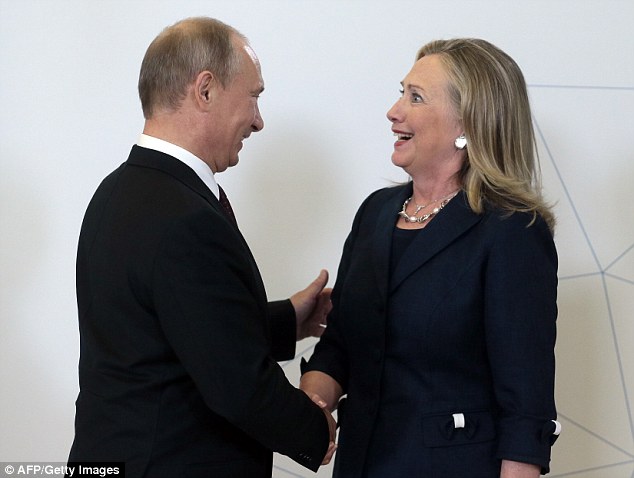By: Bob McCarty
Bob McCarty Writes

I’m not a lawyer and I don’t play one on television, but it strikes me that leaders of the Amazon Defense Coalition may have violated terms of the Logan Act as they cozied up to leaders of the Ecuadoran government in zealous pursuit of a $27 billion judgment against Chevron Corporation.
Not familiar with the Logan Act or the ADC lawsuit? Here’s the “skinny” on each:
- The Logan Act is a single statute that makes it a felony and provides for a prison sentence of up to three years for any American, “without authority of the United States,” to communicate with a foreign government in an effort to influence that government’s behavior on any “disputes or controversies with the United States.”
- The Lawsuit: Under the umbrella of the ADC, Philadelphia trial lawyer Steven Donziger has spent the better part of 16 years suing Chevron, the nation’s third-largest company and which bought Texaco in 2001, and calling upon the company to pay billions of dollars in environmental damages they allege to be the direct result of Texaco’s exploration efforts in the South American country from 1964-1990. In reality, the Ecuadoran government at the time issued Texaco a release from liability after the company satisfactorily completed some $40 million in remediation efforts. Only when a new leftist government emerged in the banana republic did the lawsuit begin to get traction. Learn more about the lawsuit here.
Charles A. James, Chevron’s executive vice president and chief legal counsel, wasn’t asked during a Tuesday morning conference call with bloggers to address the question of how terms of the Logan Act might apply to Donziger and the ADC. In response to another question, however, he painted an picture of the litigious environment within which companies like his find themselves that’s worth sharing as we move toward answering the question in the headline above.

“You have a new form of business now for trial lawyers which is that they now go to foreign locations and try to root up and play off plaintiffs under circumstances under which legal systems are less well-developed and then try to export those judgments to the United States,” he said, explaining later that protagonists in cases like this one “take your professional reputation hostage and then they try to ransom it back to you for money.
“It’s sort of an unprecedented new way in which trial lawyers are trying to play the game,” he continued. “It’s got nothing to do with what’s happening in court; it’s got everything to do with trying to pressure companies into settling these cases. In doing so, in these big broad coalitions with people who have a community of interests, developing world governments who are trying to bolster their image as being anti-corporate, anti-U.S. and also trying to excuse a lot of their own failings, trial lawyers who want money and NGOs who make sport out of these campaigns.”
“Unless people start asking about that and how it’s done,” James concluded, “I think you’re just going to see more and more of it, continuing into the future.”
The Economist seems to be asking questions. In its May 21 edition, the magazine’s editors describe the complicity that exists between the plaintiffs and the government of Ecuador’s leftist president, Rafael Correa:
The judge in Lago Agrio, Juan Nuñez, is expected to rule on the case later this year. He has made no secret of his sympathy for the plaintiffs. The lawsuit appears to have the backing of Mr Correa’s government. Last year it objected to the 1998 agreement with Texaco, arguing that since the company was the operator of the field it should have cleaned up all of the pits. The attorney-general charged seven former senior officials who had signed the agreement with fraud, as well as two Ecuadorean lawyers for Chevron.
Is it a violation of the Logan Act to conspire with leaders of a foreign government in the fleecing of billions of dollars from an American company via what many believe to be a fraudulent lawsuit? Such a verdict would, after all, result in billions of potential tax dollars being stripped from U.S. coffers. If not, it should be.
Conspiring with leaders of a foreign government in an attempt to fleece billions of dollars from Chevron via what many have concluded is a fraudulent lawsuit should be a violation of the Logan Act. Why? Because a verdict in favor of the ADC will, indirectly, result in billions of dollars being stripped from the United States itself in a form of global wealth redistribution.
Note: The chances of such a prosecution being successful are slim to none, since the statute has never been enforced. But, hey, there’s always a first time.
See also:
- ‘No Good Deed Goes Unpunished’ (Part 1 of 2)
- ‘No Good Deed Goes Unpunished’ (Part 2 of 2)
- Click here to read more BMW posts about the lawsuit.
















